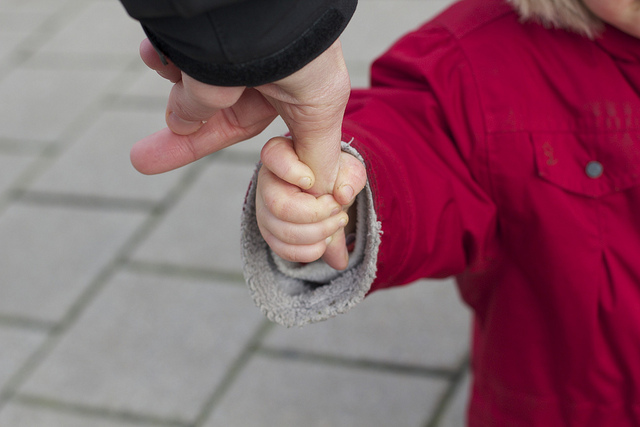Many fears and phobias that we have today stem from childhood. Sometimes they result from a particular event we experienced as a child, sometimes they don’t have an apparent cause. If these fears are not faced at an early age, over time they could grow arms and legs and end up causing problems in later life. If your child is uncomfortable in small spaces, this could develop into claustrophobia that might stop him or her from ever taking a lift or travelling by plane. So, it’s important for parents to recognise the signs of fears and deal with them so that they don’t get in the way of them enjoying their lives.
Types of fear
There are certain fears we have as children that we tend to grow out of. These include being in the dark, strangers, ghosts and being left alone. And there are those that have the potential to develop including heights, small spaces, social situations, animals and insects. No matter whether you believe it’s just a phase or not, it is recommended that you don’t treat any fear as less significant than another. The feelings your child is experiencing are real and so should always be taken seriously.
Recognise the signs
Parents will know when their child is exhibiting unusual behaviour. And most fears will be easy to pick up on. However, if some of these anxieties are playing out when you are not around, for example, when your child is at school, do be aware of the typical signs of anxious behaviour. This includes being withdrawn or excessively clingy, problems with sleep, upset tummies and nervous movements.
Discuss the fear
Lend a sympathetic and understanding ear to your child whenever you notice that they fear something. This can often be enough to calm your child. But at the very least it will provide you with a better understanding of what is going on.
Soften but don’t avoid
If you completely protect your child from their fears, this will only reinforce in their minds that there is something to be scared of. Do what you can to soften the fear. For example, if your child is petrified of getting their teeth checked, find a dentist that specialises in treating children. These professionals will have experience with fearful children and will know exactly how to put them at ease.
Teach coping techniques
By teaching your kids from an early age how to deal with situations that make them anxious you are helping them develop a necessary life skill. Relaxation, deep breathing and mindfulness are all important skills to adopt for now and the future.
Get professional advice
If your efforts to help your child cope have not worked, you may wish to seek guidance from a doctor. Your physician will help you create a strategy for improving the situation, which may involve counselling.
Fears and anxieties are a completely natural part of life. However, it’s important to help your child deal with these issues so that they don’t end up taking over their lives.







